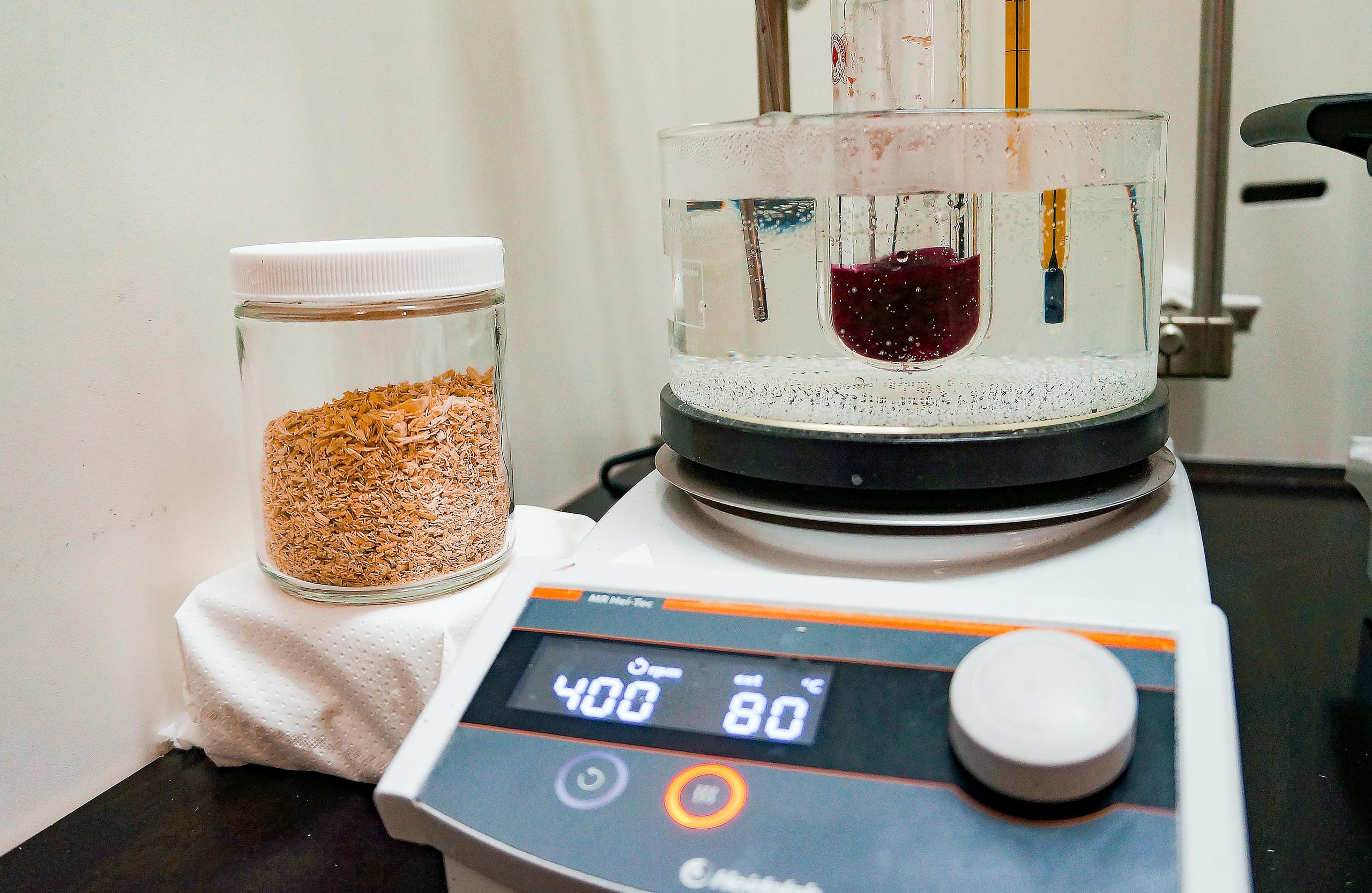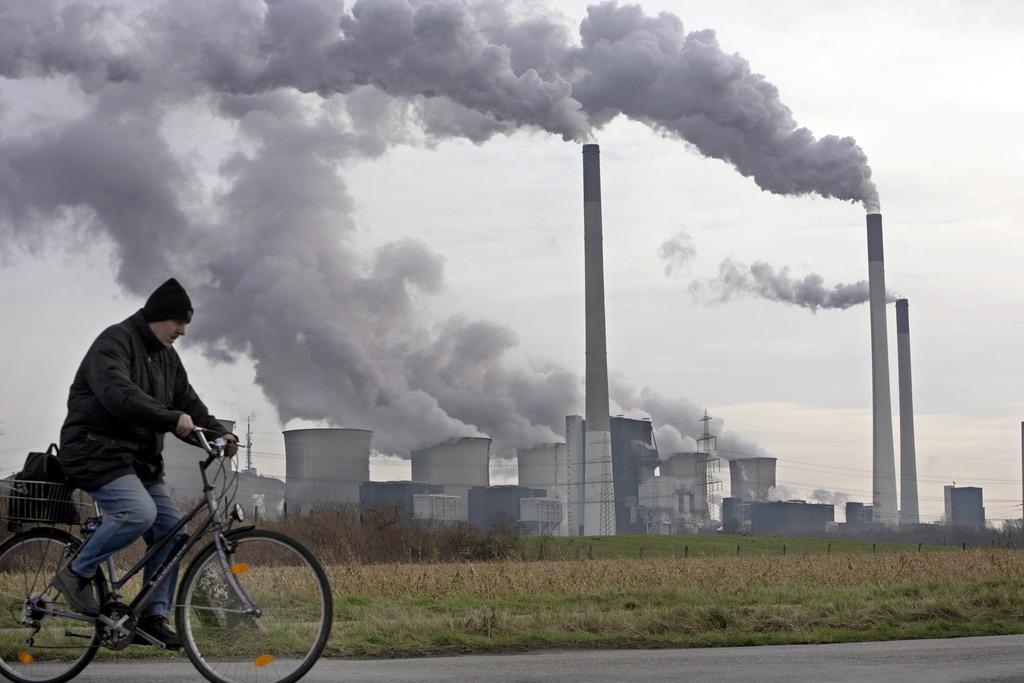
New method more than doubles sugar production from plants

Chemists at the Swiss Federal Institute of Technology Lausanne (EPFL) have developed a method that can significantly increase the yield of sugars from plants, improving the production of renewable fuels, chemicals and materials.
Producing fuels and chemicals from biomass (for example wood and grasses) is one of the most promising solutions for building a renewable economy. The process involves breaking down, or “deconstructing”, plants to produce single carbohydrates, mostly in the form of simple sugars like xylose and glucose. But even though these sugars are valuable, current processes for plant deconstruction often end up degrading them.
Now, EPFL’s Laboratory of Sustainable and Catalytic ProcessingExternal link has developed a chemical method that stabilises simple sugars and prevents them from being degraded. This method could mean that chemists no longer have to balance deconstruction of the plant with avoiding degradation of the product.
The new method changes the chemical susceptibility of the sugars to dehydration and degradation by latching aldehydes onto them. The process is reversible, meaning the sugars can be retrieved after deconstruction.
Carbohydrate yield
The chemists tried their method on beechwood. First, they turned it into pulp using a paper-making technique called organosolv, which solubilises wood into acetone or ethanol. But in order to latch aldehydes onto the sugars, the scientists mixed the beechwood with formaldehyde.
With this approach, they were able to recover over 90% of xylose sugars as opposed to only 16% xylose without formaldehyde. When they broke down the remaining pulp to glucose, the carbohydrate yield was over 70%, compared with 28% without formaldehyde.
“Before, people had always been looking for often expensive systems that limited sugar degradation,” says Jeremy Luterbacher, head of the laboratory. “With stabilisation, you worry less about this degradation and this frees you up to develop cheaper and faster transformations for plants, potentially accelerating the emergence of renewable consumer products.”

More
Is the energy revolution faltering?

In compliance with the JTI standards
More: SWI swissinfo.ch certified by the Journalism Trust Initiative





























You can find an overview of ongoing debates with our journalists here . Please join us!
If you want to start a conversation about a topic raised in this article or want to report factual errors, email us at english@swissinfo.ch.